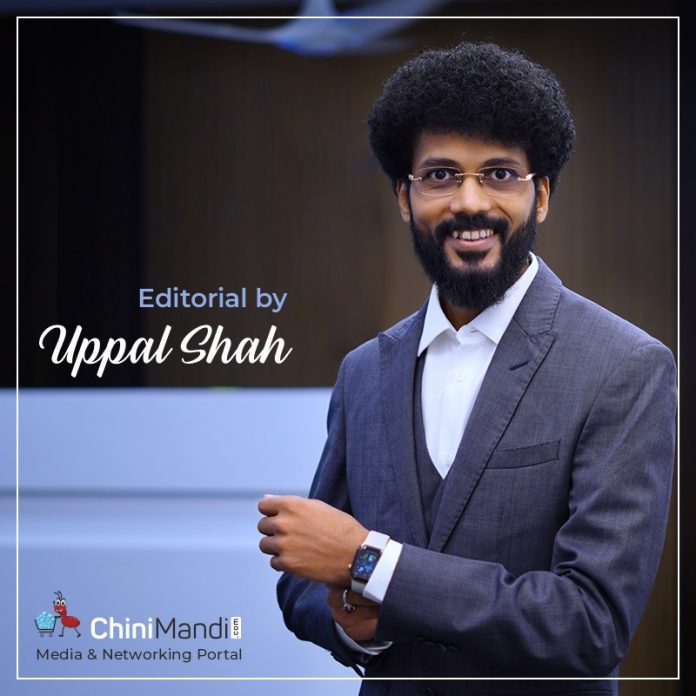This week, the Ministers in Modi 3.0 assumed office and reiterated their commitment towards ‘Viksit Bharat’, ‘Atmanirbhar Bharat’ and ‘Ujwal Bharat’.
Senior Bharatiya Janata Party leader Hardeep Singh Puri on Tuesday took charge as the Union Minister of Petroleum and Natural Gas. On assuming office, he said that the country was able to cross 15% ethanol blending, and he is ‘reasonably confident’ that the goal set by the Hon’ble Prime Minister of 20% ethanol blending by 2025 would be achieved considering the amount of work taking place.
The Ethanol Blending Programme has been a personal ambition of the Hon’ble Prime Minister ever since he formed the Government at the Centre.
The Programme was first conceived way back in 2002. In 2007, the Government made it mandatory to blend 5% ethanol with petrol. The Government also fixed a procurement price of ethanol at Rs. 27 per litre, in 2010. On 22nd November 2012, the Government reversed its earlier decision to fix the procurement price of ethanol, and let the market forces determine the price of ethanol.
However, the Programme remained a non-starter in the initial years, mainly due to pricing issues between ethanol suppliers and Oil Marketing Companies (OMCs), leading to a lack of interest shown by OMCs to lift ethanol from the suppliers. In the subsequent years, there had been many policy changes on EBP, but the Programme failed to gather pace.
In 2018, two crucial measures undertaken by the Government changed the ethanol game completely. The Interest Subvention Scheme and the different pricing for ethanol produced from different molasses-based feedstocks, made the ethanol blending programme lucrative for the sugar mills and gave them an opportunity to augment domestic ethanol production.
With the inclusion of grain-based distillery units in the ambit of the Interest Subvention Scheme, it further broadened the programme to include foodgrains mainly- Damaged Foodgrains, Surplus FCI rice and maize in the purview of the programme.
Going forward, both the sugar industry and grain-based distillery industry expect favourable Government support to the ethanol policy, and safeguarding the interests of ethanol producers against any international and domestic developments.
The sugar industry has called for a long-term, stable, and robust ethanol policy to encourage increased ethanol production. In the short term, they seek an upward revision of the ethanol procurement price, particularly for B Heavy molasses and sugarcane juice.
For the grain-based distillery industry, a national policy on maize cultivation is the need of the hour. They feel this will encourage farmers to undertake maize cultivation in the country, hence increasing the overall production.
The Ethanol Blending Programme is a beautiful policy, with immense benefits to the sugar industry, Government and to the country. The Government should give all possible policy support to ensure that the Programme is implemented steadfastly.
For further inquiries or to contact Uppal Shah, Editor-in-Chief, please send an email to Uppal@chinimandi.com.











